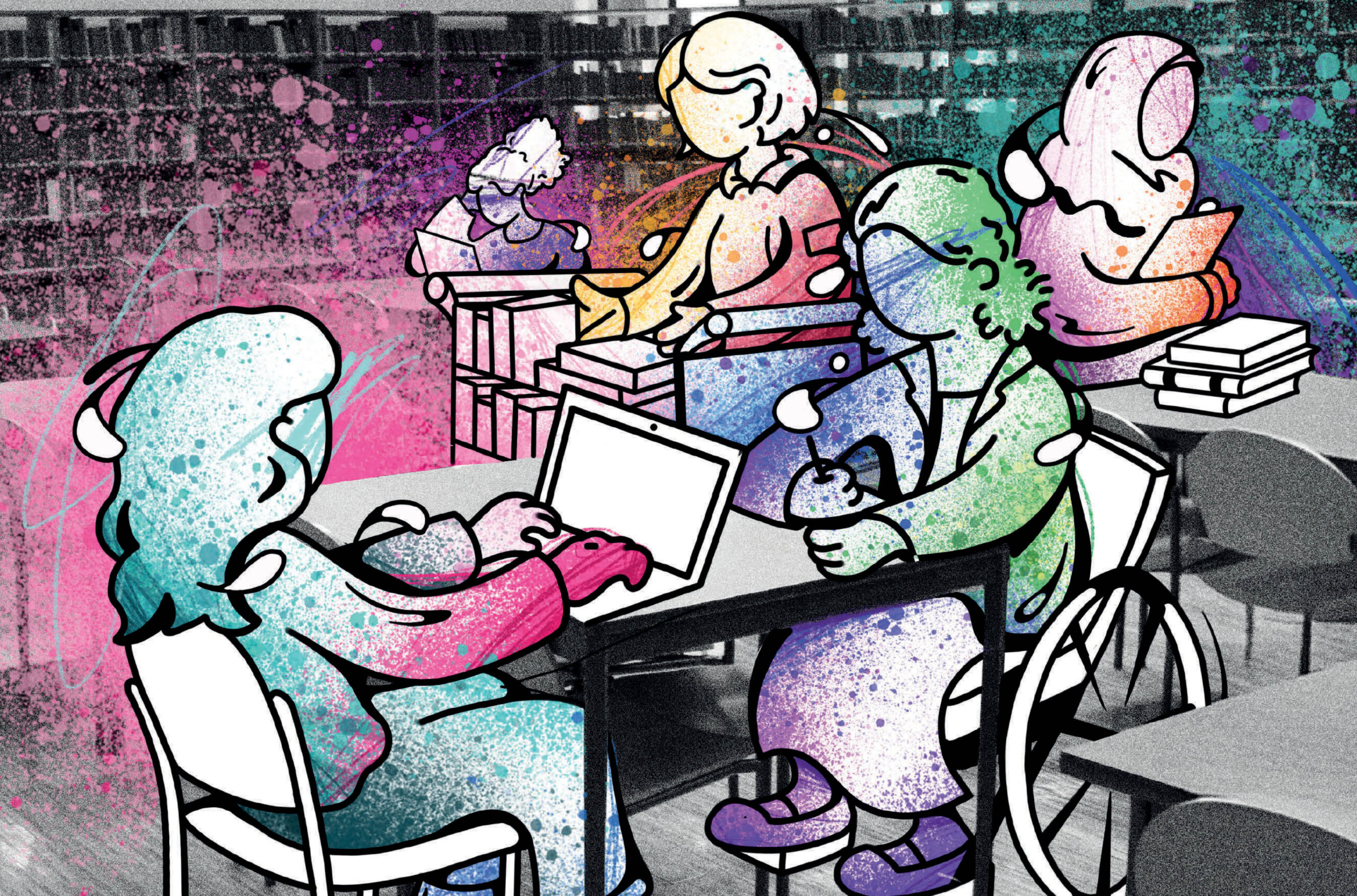How the pandemic has shown social justice needs to be central to public health education in Canada
Including social justice in public health curriculum will equip students with an equity lens.

Recently, I transitioned from being a professor at the University of Toronto’s Dalla Lana School of Public Health for the last four years to McGill University’s School of Global and Population Health. As a social justice oriented educator who has ongoing interactions with students from the two top public health schools in Canada, I am always reminded by them that I am one of the few professors (as well as a woman of colour) to thread social justice into every lecture. The Public Health Agency of Canada states social justice as a core value in public health. This value is rooted in an understanding of the social determinants of health such as age, gender, race, income, occupation, Indigeneity, homelessness and incarceration.
Social justice is the view that everyone deserves equal rights and opportunities – this includes the right to good health. Yet today, the COVID-19 pandemic has shown profound systemic inequalities, and continues to unmask a persistent and devastating social, economic and health toll on Canada’s most vulnerable people and communities. We are seeing how the impact of policies and practices amplifies unequal distribution of money, power and resources among Indigenous and racialized communities living in Ontario and Quebec who endure the highest burden of the COVID-19 infection. Each moment of the pandemic has provided a snapshot to our public health students, showing who we are as public health educators, what we believe and what we value as a society.
Hundreds of public health students over the years have reported to me that only a handful of professors bring social justice pedagogy to their courses, while most instructors avoid it entirely – to not be contentious or political. Further, there is a lack of training using an integrated anti-oppression framework in our academic institutions. While we are seeing an increase in the offering of such trainings following the uprise of the Black Lives Matter movement, they are not mandatory. They often take the form of information sessions, without sufficient time for faculty to explore more fully issues such as privilege, equity and social justice.
We fail to understand public health is the place where science, policy, politics and activism converge. As someone who does not have a degree in the political or social sciences, I have self-taught myself on how to push students to dig deeper behind the statistics, legislation and stories we learn about in class with respect to social justice – to the point that students are circulating petitions within their networks or attending protests. I curate lists of readings and resources and invite prominent scholars to help bring our public health students closer to the goal of health equity. It has been heartening to see my students become part of major social movements demanding our governments focus more on paid sicks days, basic income, abolishing for-profit long-term care, safe injection sites and defunding the police.
This pandemic should be prompting Canadian universities to not just start, but sustain conversations about social justice throughout the public health curriculum in all disciplines, including epidemiology, biostatistics, occupational health, health policy management and environmental health sciences. We need to revolutionize public health education and introduce contemporary public health topics that shed light to the forces or “isms” like colonialism, racism, sexism, heterosexism, classism and ableism. It’s about identifying the structures, polices, practice and values in which white supremacy operate. We have the obligation to discuss current events and their historical and socio-political roots, recognizing we will experience pushback as we are disrupting the status quo in our academic institutions, health systems and governments.
As public health professors, our goal is not to simply teach content, but engage our students in critical conversations. We have to teach vital life lessons, which begins with questioning our own privilege and biases. There is an obligation and sense of urgency for public health schools in Canada to look beyond traditional methods to address public health issues, standard concepts and classical methods. Promoting social justice through education programs for public health students will equip them to enter the workforce with an equity lens and push for human rights and justice. This will lead to a much-needed cultural shift in generating progressive social and public health policies addressing safe housing, food insecurity, transportation, education and law enforcement that can have major impacts on population health.
Ananya Tina Banerjee is an assistant professor in the School of Global and Population Health at McGill University and at the University of Toronto’s Dalla Lana School of Public Health. Follow her at @Ananya_tb.
Featured Jobs
- Canada Excellence Research Chair in Forest Biodiversity Conservation (Full Professor)University of New Brunswick
- Veterinary Medicine - Faculty Position (Large Animal Internal Medicine) University of Saskatchewan
- Canada Excellence Research Chair in Computational Social Science, AI, and Democracy (Associate or Full Professor)McGill University
- Psychology - Assistant Professor (Speech-Language Pathology)University of Victoria
- Business – Lecturer or Assistant Professor, 2-year term (Strategic Management) McMaster University













Post a comment
University Affairs moderates all comments according to the following guidelines. If approved, comments generally appear within one business day. We may republish particularly insightful remarks in our print edition or elsewhere.
1 Comments
I enjoyed reading this polemic by Dr. A. Banerjee and I agree wholeheartedly with her observation. However, one who has been involved in public health education and one who has carried out protests and developed programs to address social justice for over a half-century, I consider she misses out on the realities of everyday life. The practice of public health deals with two aspects: one I call the “legislated public health” where the majority of our future learners are employed i.e. various federal, provincial and local health agencies and others who work in the field of “population health.” How well-intentioned the professionals in the first group, they all work under the constraints of their legislated mandates and while they can be “allies,” they are limits for their involvement in “social justice” movements. Even the second group has limitations depending on the institutions they work in. What our learners need is awareness of the conceptual frameworks in how to deal with social justice and equity and how we may be able to lead in some areas, in others be allies by providing health dimensions to “social inequity,” or be advocates. While we may promote “health in all public policies,” we should not promote “health imperialism.” We should be mindful that there are professionals in other disciplines who are well equipped to lead the social movements!